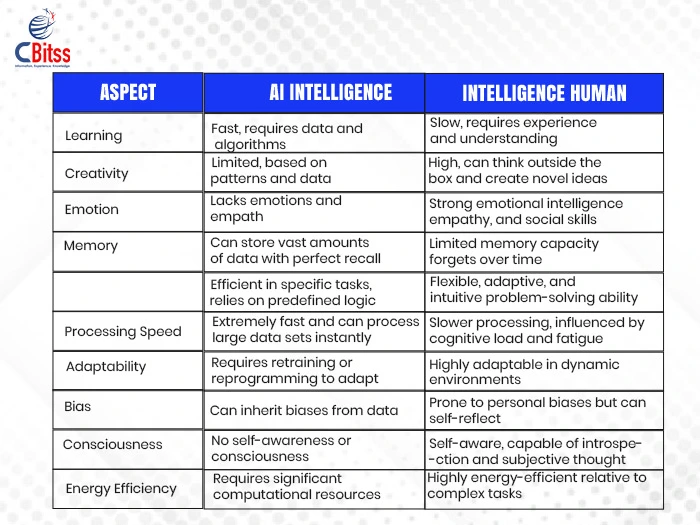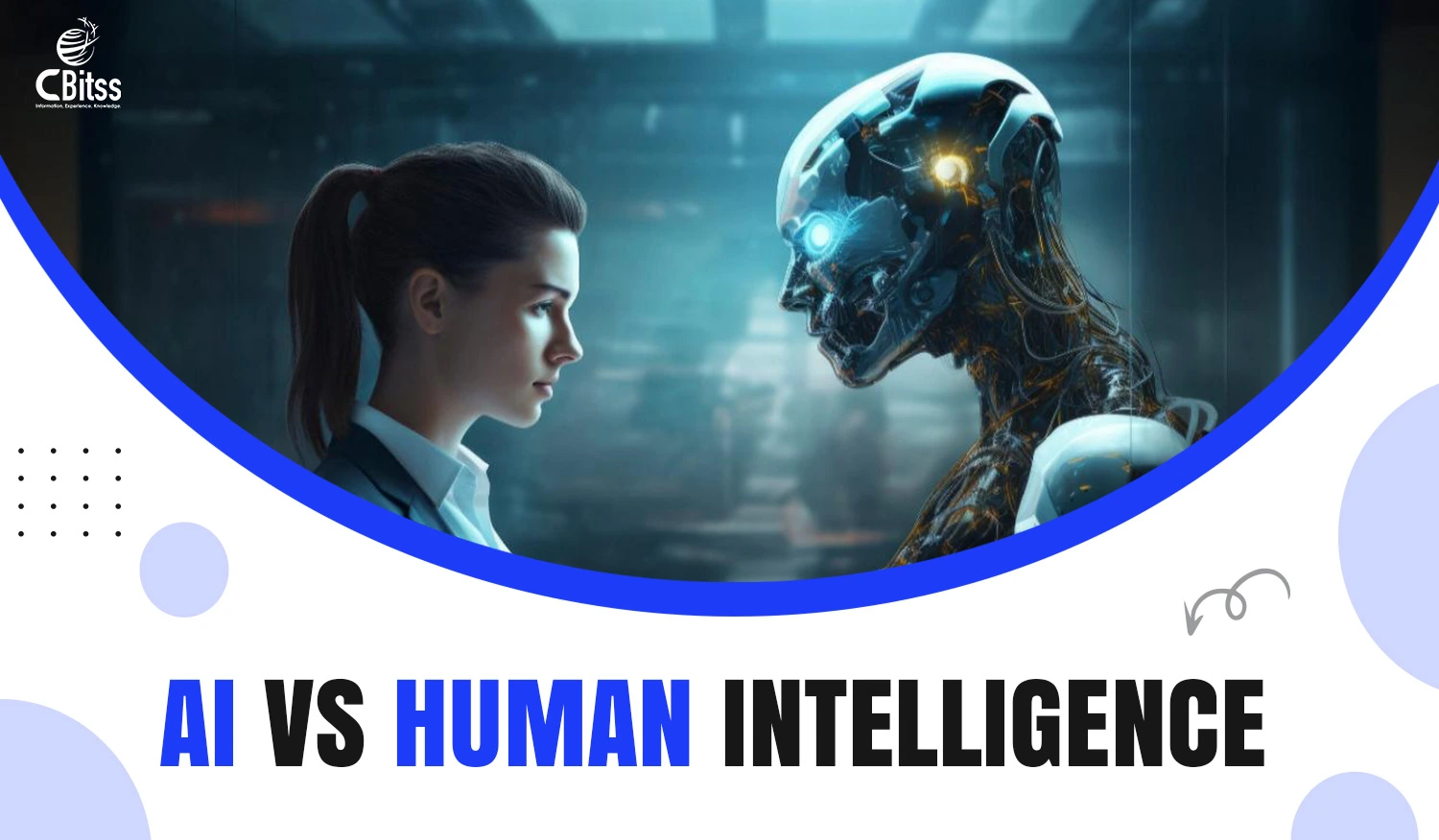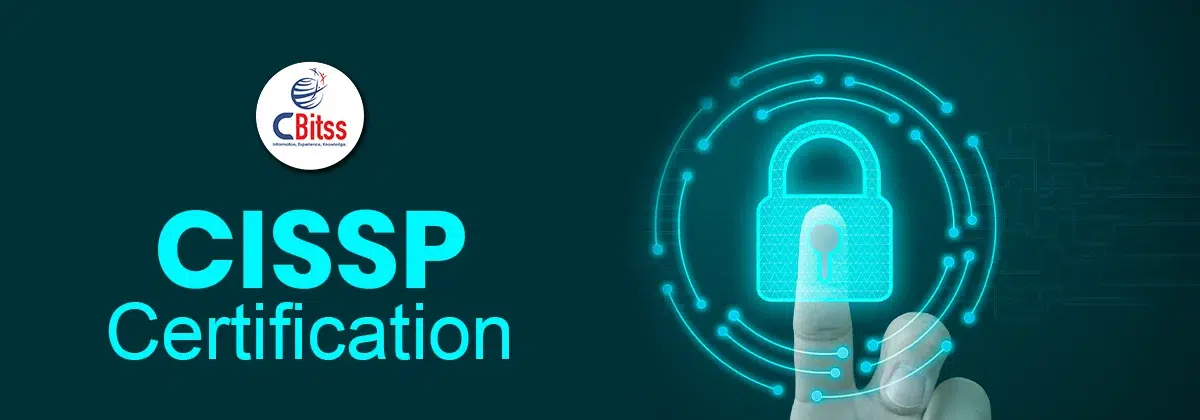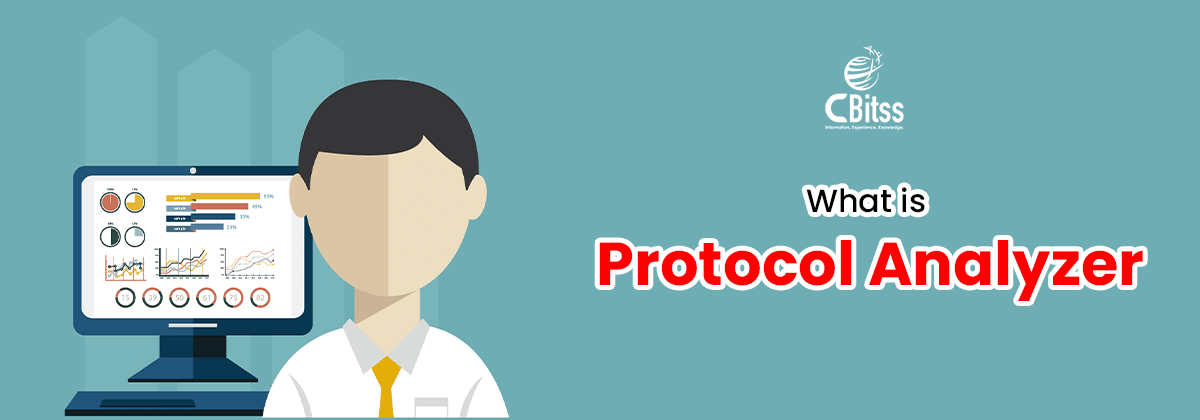Table of Contents
ToggleIntroduction
The discussion regarding Human Intelligence versus Artificial Intelligence is both of complexity as well as interesting. We should recognize both their distinctive abilities along their weaknesses. It is because this helps us admire human artistic skills and the technical capabilities of AI. We can understand these differences by examining various instances from the real world, which demonstrate the capabilities of AI vs Human Intelligence. So let’s have a look at them:
1. Creativity and Originality
Human Intelligence:
Humans are inherently creative beings. The world has been captivated by street artist Banksy due to his anonymous works, including “Girl with a Balloon” and “Love is in the Bin”. The combination of visual appeal and intellectual depth makes his artworks spark societal debates and meaningful discussions. The creative power of Banksy derives from his emotional capability to connect people to their experiences and cultural environment. The abilities that exceed AI capabilities.
AI:

2. Emotional Intelligence and Empathy
Human Intelligence:
Among all forms of intelligence, empathy stands as a trait exclusive to human beings. José Andrés established World Central Kitchen after he set an example with his culinary skills. Andrés, along with his team, responded to the devastating Haiti earthquake of 2021 and the ongoing Ukraine war by delivering more than sustenance through providing emotional care and reassuring values of community. His exceptional capacity for responding to human sorrow extends past operational requirements. It stems from genuine compassion and emotional ability.
AI:
3. Adaptability and Contextual Understanding
Human Intelligence:
People hold extraordinary abilities to sense meaning within situations and change their behaviors accordingly. Shigeru Miyamoto stands out as the software developer who created the million-selling Super Mario games. He is also the creator of the The Legend of Zelda franchise. Miyamoto has established fame through the perfect synthesis of gameplay along with storytelling elements. He also incorporates the cultural references that create a universal connection with players across generations. Human adaptability shows itself through their understanding of what makes people laugh or think, or experience mental or emotional challenges.
AI:
4. Learning and Problem-Solving
Human Intelligence:
Learning occurs in humans by using experiences together with instinctual understanding and experimental processes. The space journey of Dr. Mae Jemison marked her historic position as the first African American woman astronaut. She accomplished more by breaking down social barriers while motivating people of the future to conquer human potential limits. Human curiosity combined with determination enables people to achieve remarkable things.
AI:
The operation of AI occurs by processing data through algorithms. AlphaFold stands as an artificial intelligence system developed by DeepMind that now produces accurate predictions of protein structures. This revolutionary accomplishment relies on examining past information instead of using human-like problem-solving capabilities. This ability of AI exists without the ability to understand human vision or display human curiosity, which fuels creative innovation. Nevertheless, AI-powered content writing tools now assist professionals in automating repetitive work, improving efficiency, and suggesting innovative language structures.
Understand how artificial and human intelligence differ, collaborate, and shape the future.
5. Ethics and Moral Judgment
Human Intelligence:
People possess a moral direction that develops from their exposure to cultural elements and personal choices, and life experiences. People throughout the world became more aware of climate change activism through Greta Thunberg. Through her passion combined with ethical understanding and behavioral awareness, Greta Thunberg motivates millions to act against climate change. Her presentations extend beyond facts because she shows audience members their joint planet stewardship roles.
AI:
6. Cultural Sensitivity and Diversity
Human Intelligence:
People grasp the multiple facets of cultural differences and diversity. Through her novel “Half of a Yellow Sun,” Nigerian writer Chimamanda Ngozi Adichie presents African historical facts. It also includes complex cultural elements of her native identity. Her storytelling reaches international audiences because she showcases global themes through stories based on her traditional cultural heritage.
AI:
Compare analytical AI abilities with emotional and creative human problem-solving skills.
A Harmonious Coexistence
Artificial Intelligence and human intelligence operate as allies instead of foes in modern society. Computer processing of data and problem-solving automation join forces with human emotional intelligence and ethical decision-making, and creative capabilities. The partnership between these two allows humans to tackle exceptional tasks that include disease cures alongside space exploration.
To maintain balance between AI development and human judgment, professionals also explore various SEO Types and marketing strategies that blend automation with creativity. The goal should be to make AI and Human Intelligence collaborate so both perform better instead of establishing a competition.
This vision aligns with the need to also upgrade your skills through technical resources like Linux programming tutorials, where AI is now used to optimize command-line tasks, system configurations, and debugging.
The future that we should aim for is highly inspiring in this way. If you want to become a part of this future, then you can enroll in our artificial intelligence course in Chandigarh, the education hub for all aspiring professionals, and learn about AI vs Human Intelligence in depth.
FAQ’s on AI vs Human Intelligence
- What is the comparison between AI and the human brain?
Although AI processes data faster, the human brain excels in creativity, emotions, and contextual understanding. Thus, making it uniquely adaptable and intuitive. - Can AI learn and adapt as quickly as a human brain?
AI learns from data but lacks the human brain’s ability to adapt instantly to new, unstructured situations or think outside predefined patterns. - Can artificial intelligence cause harm to the brain?
AI itself doesn’t harm the brain, but over-dependence on AI tools may reduce critical thinking and creativity. - Can AI replicate human emotions and empathy?
AI can simulate emotions but cannot genuinely feel or understand empathy like humans, as it lacks lived experiences and emotional depth.

J. Julia Kamei is a professional content writer with 4+ years’ experience creating impactful content for clients in the USA, India, Canada, the UK, and Europe. An M.A. History graduate, she specializes in immigration, business, IT, digital marketing, AI, and Data Science. She also mentors students for international education and research.







